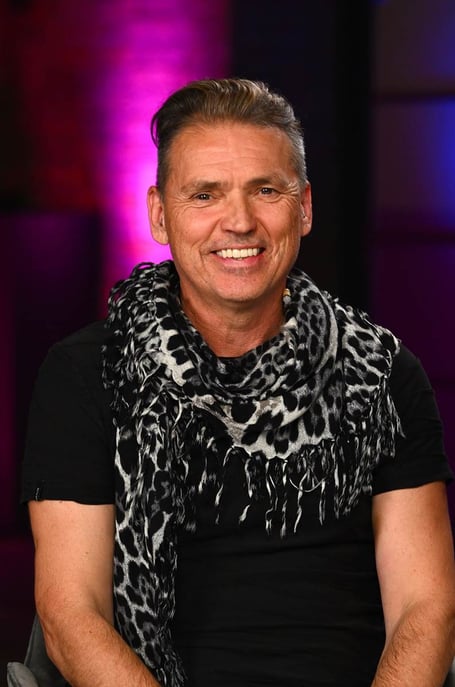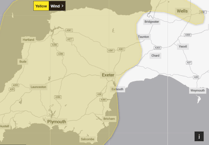THE owner of what has been dubbed the world’s greenest football team is the latest high profile figure to back the Stop Hinkley Campaign.
Dale Vince, who runs Forest Green Rovers and green energy company Ecotricity, has agreed to become a patron for the anti-nuclear group which champions greener technologies.
The green industrialist and Labour said the Government backing of Hinkley Point C, which is being built near Bridgwater, is flawed due to nuclear technology “being hugely expensive and slow to develop.”
Dale joins a list of other high profile patrons including environmental campaigner Jonathan Porritt, Molly Scott Cato, former Green Party MEP, actor Julie Christie and musician John Williams.
EDF announced that the cost of Hinkley Point C has ballooned to as much as £35 billion and is not expected to start producing power until sometime between 2029 and 2031.
Mr Vince said: “I’m really pleased to be a patron of the Stop Hinkley campaign which is working to stop the Government wasting billions of taxpayers’ money on a technology which is hugely expensive and slow to develop.
“Plus, the UK has no sources of Uranium and by 2050 there will be a global shortage. Nuclear soaks up huge amounts of investment which could be better spent on renewable solutions, with money left over for our schools and hospitals. It's essential that we mobilise every resource effectively in the battle against climate change.”
Ecotricity, which was founded by Vince in 1996, pledges to provide customers with 100 per cent renewable electricity.
Stop Hinkley spokesperson Roy Pumfrey said: “At a time when nuclear power is rapidly losing ground to the astonishing growth in renewables, it’s great to have someone onboard who founded a company which allows ordinary members of the public to actually vote on the nuclear question with their electricity bill.”
Stop Hinkley has also been angered by EDF refusing to install an Acoustic Fish Deterrent (AFD) on the two cooling water intake heads 3km offshore from the site, which is feared could amount to the death of as many as 11 billion fish in the Severn Estuary.





Comments
This article has no comments yet. Be the first to leave a comment.